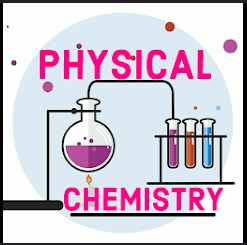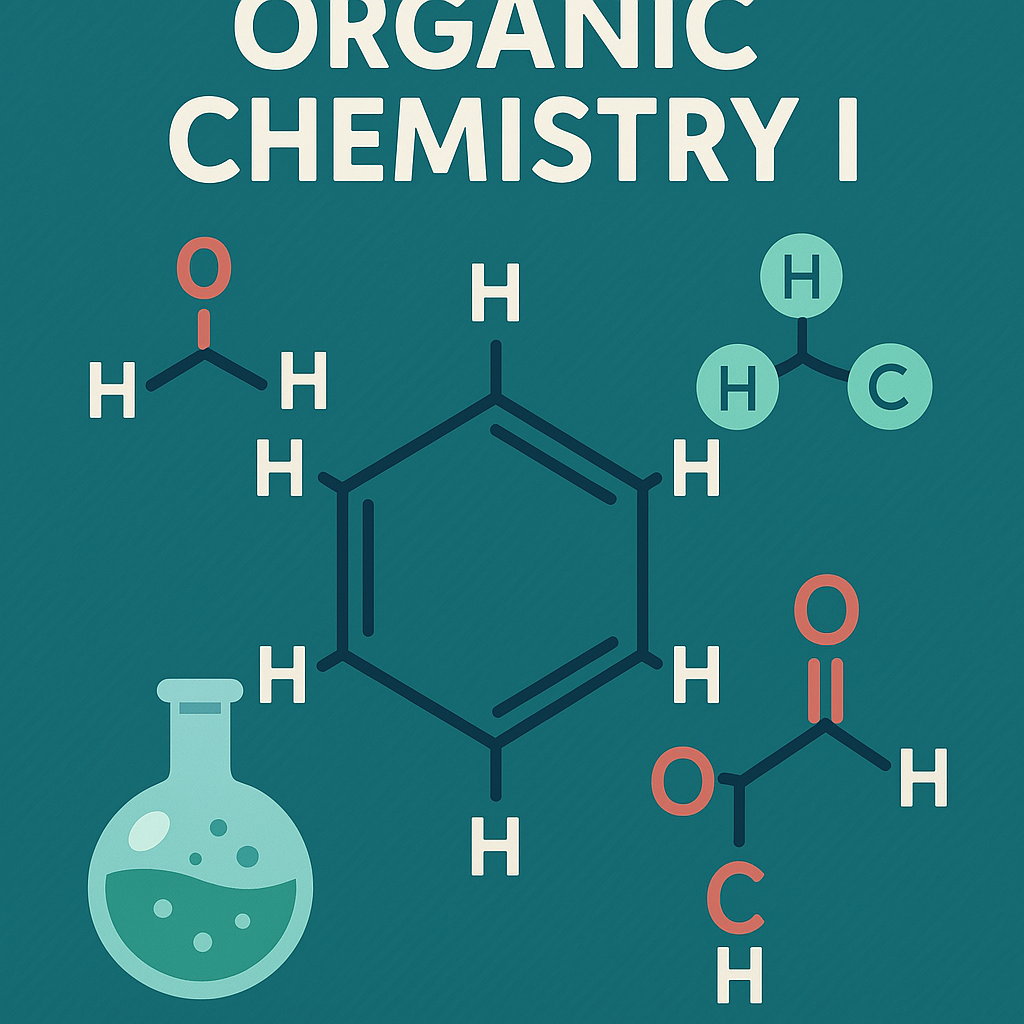- Teacher: Admin User
essieshiku.gnomio.com
-
Welcome to your new Gnomio site
Now, you are in control!
Moodle is an open-source Learning Management System (LMS) that provides educators with the tools and features to create and manage online courses. It allows educators to organize course materials, create quizzes and assignments, host discussion forums, and track student progress. Moodle is highly flexible and can be customized to meet the specific needs of different institutions and learning environments.
Moodle supports both synchronous and asynchronous learning environments, enabling educators to host live webinars, video conferences, and chat sessions, as well as providing a variety of tools that support self-paced learning, including videos, interactive quizzes, and discussion forums. The platform also integrates with other tools and systems, such as Google Apps and plagiarism detection software, to provide a seamless learning experience.
Moodle is widely used in educational institutions, including universities, K-12 schools, and corporate training programs. It is well-suited to online and blended learning environments and distance education programs. Additionally, Moodle's accessibility features make it a popular choice for learners with disabilities, ensuring that courses are inclusive and accessible to all learners.
The Moodle community is an active group of users, developers, and educators who contribute to the platform's development and improvement. The community provides support, resources, and documentation for users, as well as a forum for sharing ideas and best practices. Moodle releases regular updates and improvements, ensuring that the platform remains up-to-date with the latest technologies and best practices.
Links of interest:
(You can edit or remove this text)
Available courses

This unit covers the competencies required to apply physical chemistry. It involves Demonstrating the knowledge of gas behaviour, Demonstrating the knowledge of phase diagrams, Demonstrating the knowledge of thermodynamics, Demonstrating the knowledge of the states of matter, Demonstrating the knowledge of Rate reactions, demonstrating the knowledge of Electrochemistry, Demonstrating the knowledge of Molarity and Demonstrating the knowledge of thermometric analysis
- Teacher: Admin User

Footwear Manufacture is the process of designing, producing, and finishing shoes, involving multiple stages from initial concept to the final product. This includes designing the shoe to meet fashion, comfort, and functional requirements; developing patterns that guide material cutting; cutting materials like leather, fabric, and synthetics to precise shapes; stitching and assembling components into the shoe structure; lasting which shapes the shoe on a last for fit; attaching soles using adhesives or stitching; finishing processes that may include polishing, trimmings, and branding; and finally, quality control and packaging to ensure product standards and customer satisfaction.
The unit aims to provide students with technical knowledge and practical skills in modern footwear manufacturing technologies and methods. Students will learn to analyze materials, design footwear products, operate machinery, and oversee production processes to create durable, aesthetically pleasing, and comfortable shoes. The course also emphasizes quality assurance and understanding industrial standards to prepare graduates for roles in footwear production, manufacturing management, or related fields.
This knowledge base equips students with expertise to enter the footwear manufacturing industry, which is an important sector combining creativity, craftsmanship, and technology to meet the global demand for diverse types of footwear products.
- Teacher: Admin User

Organic chemistry, a key unit in your analytical chemistry course, explores carbon-based compounds vital to life and materials. You’ll study molecular structures, functional groups, nomenclature, reaction mechanisms, stereochemistry, and analytical techniques like spectroscopy. It’s challenging but essential for fields like pharmaceuticals. Stay curious and practice to master this molecular language!
- Teacher: Admin User
